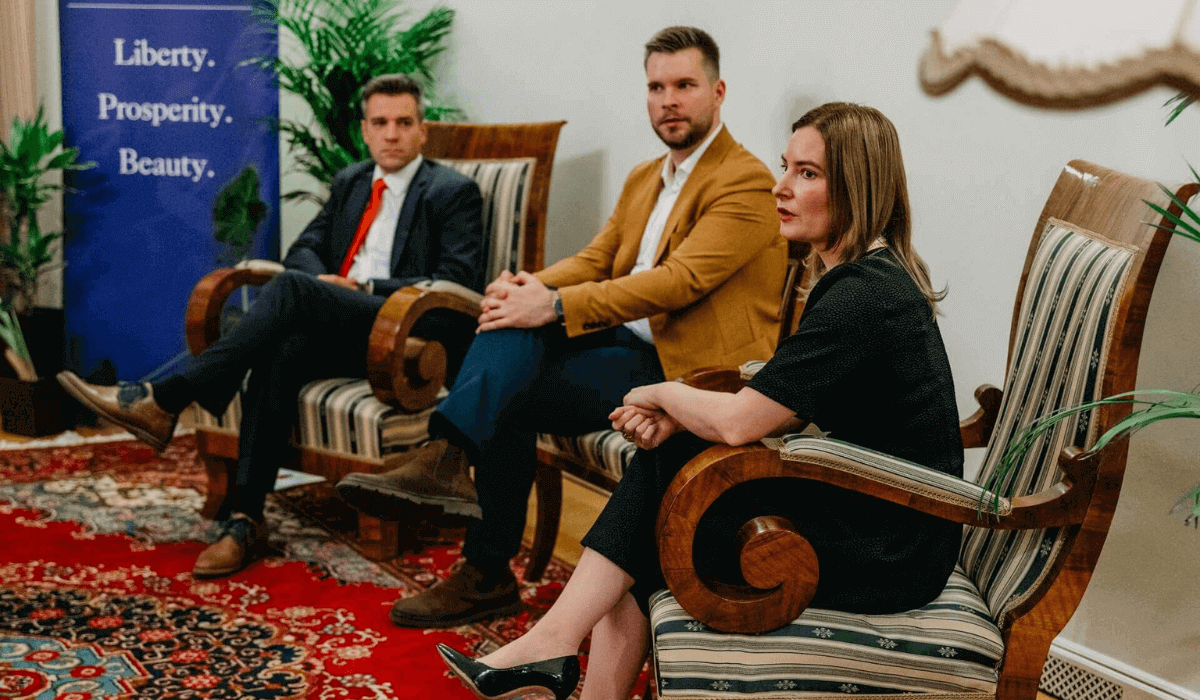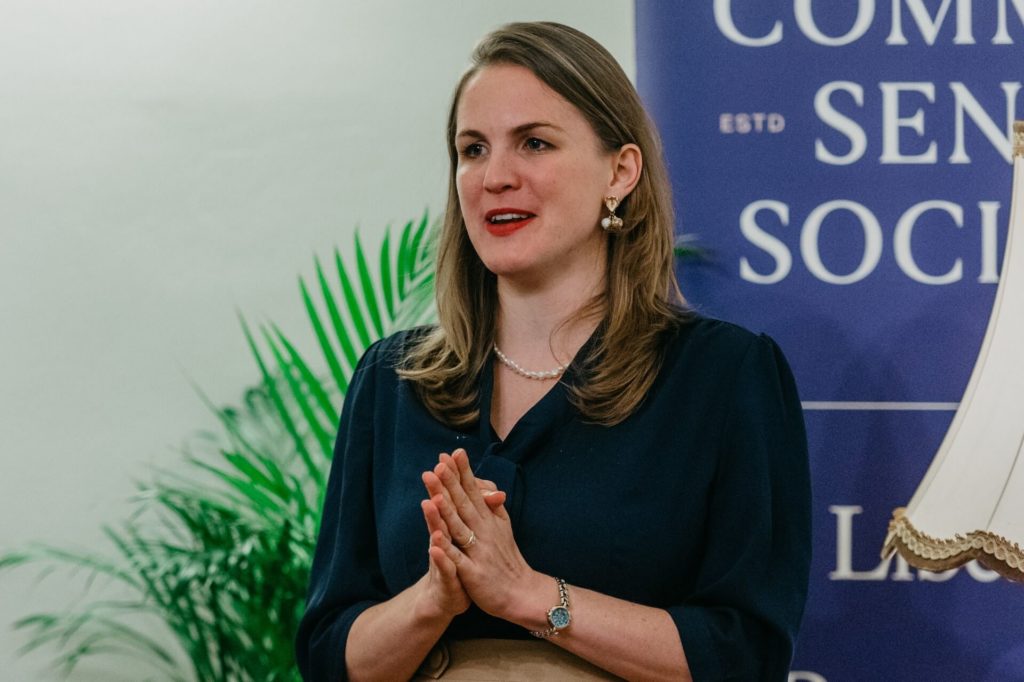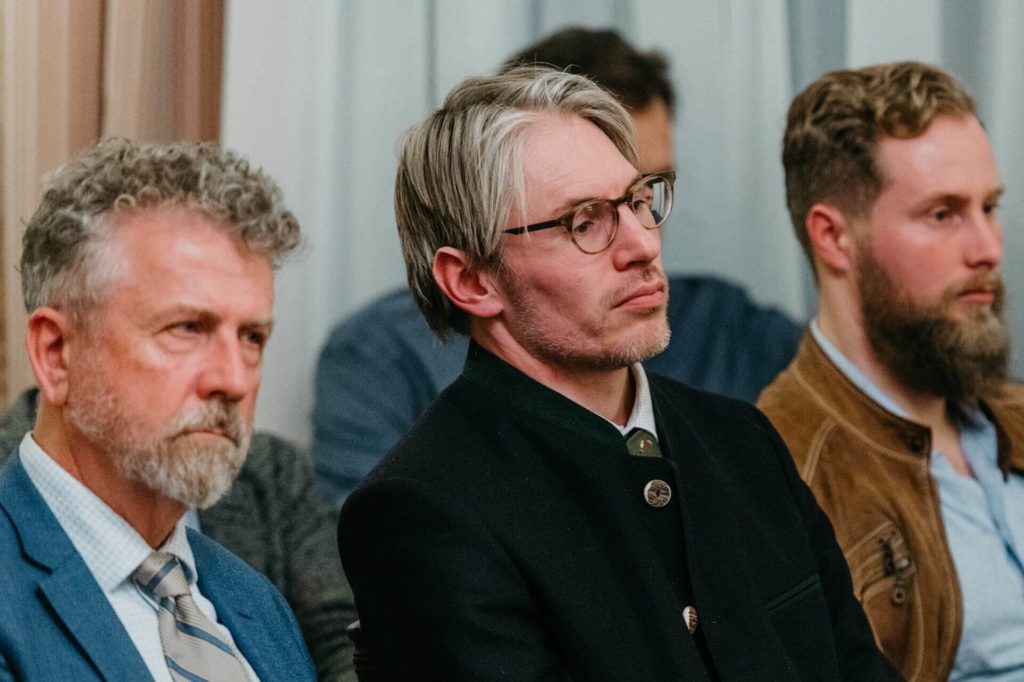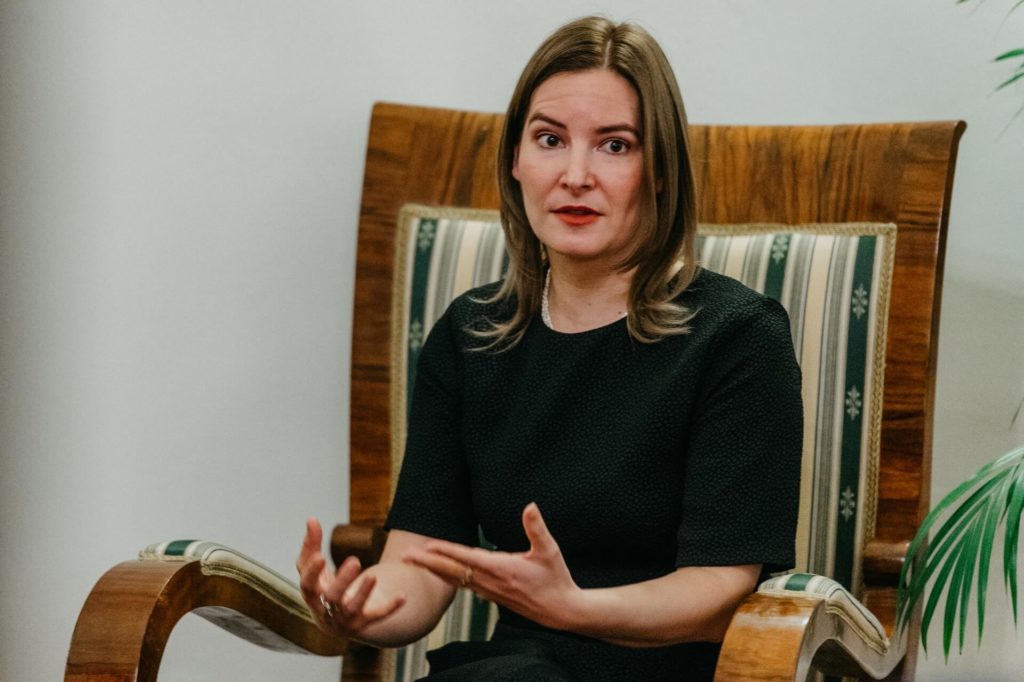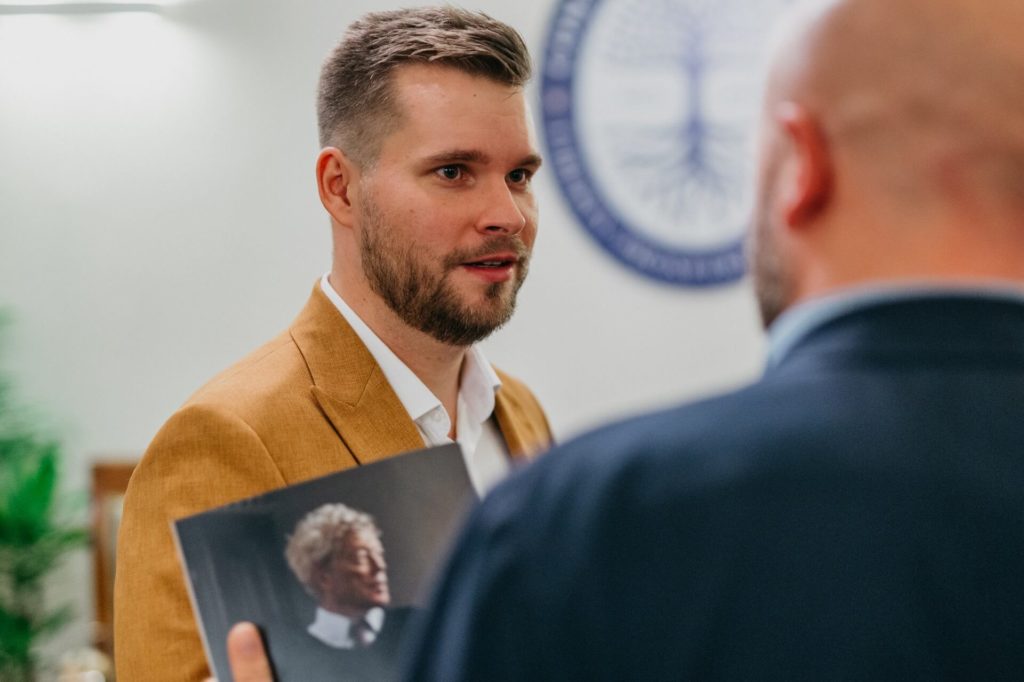Panel discussion at the joint weekend with Common Sense Society–The Netherlands
On Saturday, October 15, members of Common Sense Society–Hungary (CSS–HU) and Common Sense Society–The Netherlands (CSS–NL) gathered at the Andrássy Salon for a panel discussion to uncover the distinguishing features of Hungary’s political system. We debated the causes and consequences of anti-liberal motives and the ways in which this alternative challenges the political and economic foundations liberal democracy model we’ve known for the past decades.
The evening’s two speakers were Mr. András László, former advisor to the Fidesz party, and Ms. Júlia Lakatos, political analyst at the Centre for Fair Political Analysis. The discussion was moderated by Mr. Balázs Kovács, historian, international relations expert and alumnus of the CSS Europa Fellowship.
Participants discussed the reasons and consequences of the dominant party system, the particular policy issues that drew the attention of conservatives to Hungary internationally, and the tensions between the conservative idea of moderation and the criticism regarding the lack of institutional limits on power in the county. The prominence and historical background of Hungary’s independence and national sovereignty were the overarching theme. Participants also reflected upon the role of E.U. funds and the resulting rise of native big business owners.
The panel discussion was the flagship event of the CSS–HU exchange with CSS-NL which took place October 15 and 16. The weekend-long program brought together members of the Dutch and Hungarian Common Sense Society national branches in Budapest and included meetings with special guests from both countries, as well as opportunities for members to mingle informally. The experience was enriched by cultural programs like visits to the Parliament and historical walking tours in the city.
Common Sense Society–Hungary (CSS–HU) is a nonprofit organization that promotes liberty, prosperity, and beauty through education and public discourse. The educational fellowships, curriculum resources, publications, cultural programs, community initiatives, and national campaigns of CSS–HU illuminate the enduring ideas that have transformed the course of human history for the better. CSS–HU does not receive funding from governments or political parties.
